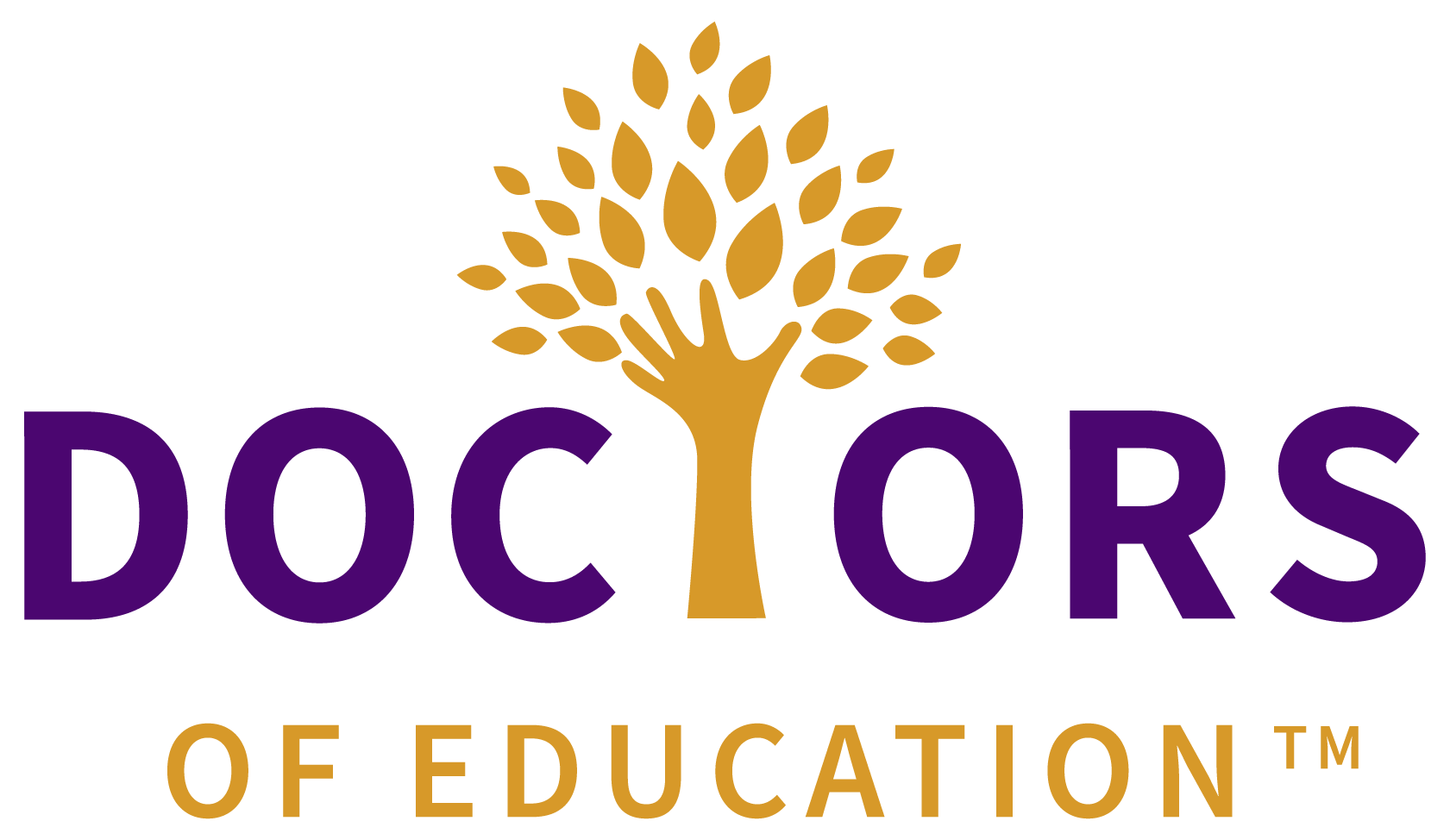Any of my readers perfectionists? Do you tell yourself that everything will be perfect when you have this much money, or you are at a certain fitness level, or at a certain weight, then your life can begin?! I can start my business when I have taken these classes and can know everything I need to know hitting the ground day one? Do any of you stop yourself from experiences or from taking steps in a direction until everything is just right, until certain pieces have to be in place and somehow this “perfection” is not quite within reach? For some reason you can’t quite fully lead the life you want to lead because things are just not perfect enough? The parts you need to be in place all at once are not in that exact place you think you need them to be?
I am not a psychotherapist, who addresses these challenges from a psychological perspective, the perfection paralysis experienced by individuals, myself included. I do have commentary on these behaviors when exhibited in an educational setting and specifically in my educational therapy practice. The need to be perfect, the need for perfection before beginning something, can impact one’s academic and professional achievement. I am trained as an educator, educational therapist, cognitive-brain coach to support individuals with learning and achievement challenges. At times, I see perfection paralysis in my clients, a hesitancy to complete a task and a fear that it will not be perfect (correct!). It is fascinating that even when an individual wants perfection there can be lack of precision in completing a task.
At times clients will rush through the cognitive development exercises (with no pressure from me), jump in with little directions, no planning, or no strategies of how to accomplish the task at hand. I have observed my clients connecting dots on a page with little care for precision, lines not quite connecting the dots, having multiple erasures, or simply wobbly lines. I take great care in these instances not to point out the lack of precision until my client becomes aware of what he/she is doing.
This is where it is important to distinguish the need for precision versus this illusive state of perfection. If I am a civil/ structural engineer, I need precision in my measurements, the plans and the ultimate construction of the project, not unlike the Great Wall Of China. A student needs precision in solving equations, or accurately distinguishing facts from opinion in an article one reads. We need precision in physical activities when playing baseball and need the bat to contact the pitched ball coming at us, or executing a football play having the quarterback throwing the football into the open waiting hands of the wide receiver.
My task as a skilled educator/educational therapist is to support learners in breaking through the inertia of perfection paralysis to at least take the first steps in whatever we are currently working on. It is my responsibility to subtly, and compassionately support my learners in seeing if their work lacks precision and the impact that may have on overall results of their work. The greatest satisfaction is seeing when a client realizes his/her patterns and begins to shift the way in which he/she works thus leading to a greater sense of control, self-esteem, and self-confidence.


Recent Comments